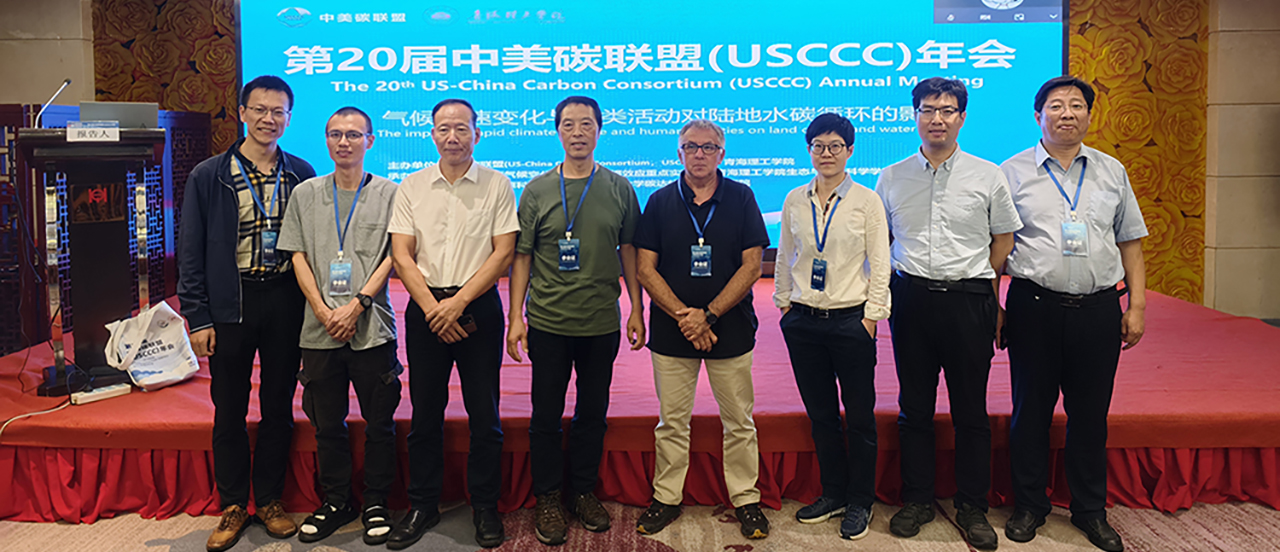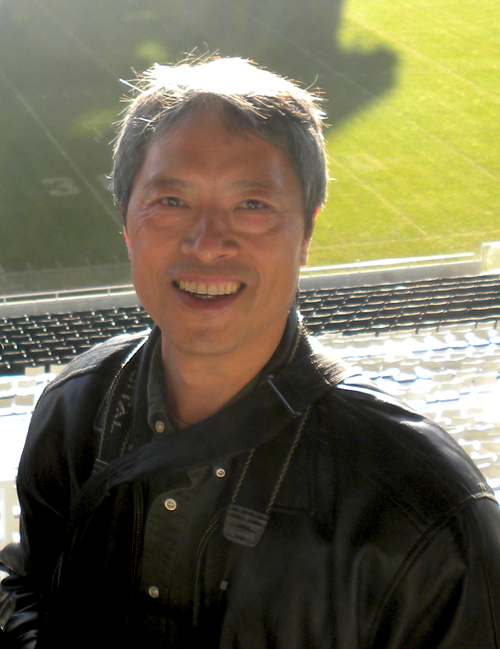
Jiquan Chen
Professor
A native of Shanxi in Northern China, Dr. Chen received his undergraduate education
in grassland ecology (Inner Mongolia University), MS in forest ecology (Chinese Academy
of Sciences), and PhD in ecosystem Analysis (University of Washington). His postdoc
training was in the stream ecology and ecosystem management. He was a Bullard
Fellow at Harvard University (1999-2000). He was on the faculty at Michigan Tech
University (1993-2001) and University of Toledo (2001-2014).
His research and academic instruction programs are on ecosystem processes and their
interactive feedbacks to the biophysical and human activities, including community ecology
to 3-D canopy structure, forest fragmentation, edge effects, riparian zone, conservation
biology, landscape ecology, and micrometeorology. His current research lies in the
coupled effects of global climate change and human activities on terrestrial ecosystems,
global change ecology, bioenergy, and carbon/water fluxes. He will be teaching
special topics on coupled human and natural systems, micrometeorological instrumentation & measurements, image processing and GIS, and global change science.
He is a fellow of the
American Association for the Advancement of
Science (AAAS, 2011) and a fellow of
Ecological Society of America (ESA, 2014).
Dr. Chen is also the Editor-in-Chief for "Ecological Processes" (SpringerNature) and for two book series: 1) Landscape Ecology
(Springer, 2014-2021); and 2) Ecosystem Science and Application –ESA (HEP & De Gruyter).
He is the founder and chief scientist of the US-China Carbon Consortium (USCCC)
. He enjoys Thai Chi practice and Buddha Meditation. He is also a member of the
Ecology, Evolutionary Biology, and Behavior (EEBB)
Graduate Program and the Environmental
Science & Policy Program (ESPP).
Current Members

Jie Dai
Research Associate
Dr. Dai is a broadly trained geographer interested in ecosystem processes and landscape ecology. His overall research goal involves understanding, envisioning, and conserving earth systems in the context of global climate change and socioeconomic developments. Specifically, he is interested in the use of geospatial techniques for biospheric, conservation and resource management applications, with special attention to terrestrial ecosystems. He integrates geographic information science (GIS), field-based observations and modeling to examine human-environment interactions across different scales.
Dr. Dai received his PhD in Geography from the Joint Doctoral Program (JDP) between San Diego State University (SDSU) and University of California, Santa Barbara (UCSB). Before joining the LEES Lab, he was a postdoctoral research scholar in the Center for Global Discovery and Conservation Science (GDCS) at Arizona State University (ASU).
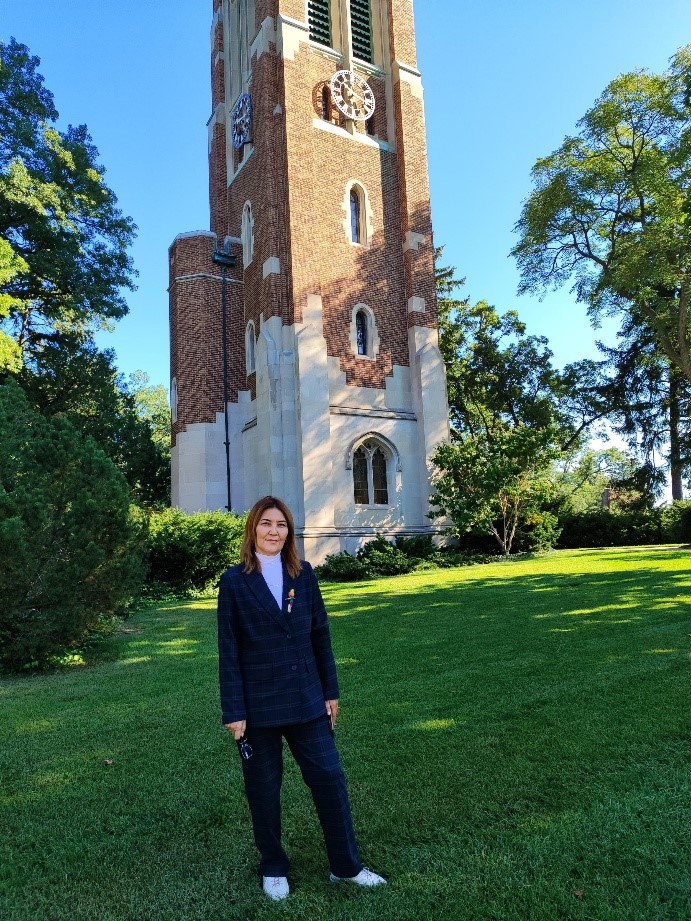
Raikhan Beisenova
Visting Professor
LEES Lab MSU
Dr. Beisenova is the Head of the Environmental Management and Engineering Department of the L.N. Gumilyov Eurasian National University, Astana, Kazakhstan. She studied environmental physiology, toxicology of the effect of rocket fuel on the organism and methods of detoxification of the organism. Currently she is dealing with the problems of environmental pollution, especially with various chemical elements (pharmaceuticals, heavy metals), methods for assessing surface waters with biological indicators (algae), and environmental problems of providing water to rural areas, the impact of pollutants on public health, Transboundary Water Management.
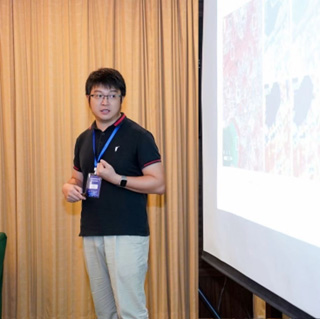
Jin Wang
Research Associate
Dr. Wang Jin has a comprehensive academic background in geography and environment science. His research interests focus on two specific topics: 1) remote sensing of urban environments, and 2) quantitative and spatial analysis of coastal regions. His work aims to improve the sensing and understanding of regions characterized by complex and dynamic surfaces, and further provide a reliable scientific basis for the protection and management of these areas. Before joining the LEES lab, Dr. Wang Jin served as a research professor at South China Normal University (2022–2024) and as an assistant professor at the Shenzhen Institute of Advanced Technology, Chinese Academy of Sciences (CAS) (2018–2022). He earned his PhD in environmental science from the Guangzhou Institute of Geochemistry, CAS (2018), and holds a Master's and Bachelor's degree in geography from South China Normal University (2014 and 2011).

Hannah Ko
Highschool Intern
Hannah Ko is a high school student from Irvine, California, with a keen interest in environmental systems, particularly focusing on trees, canopy coverage, and forest density. Her previous research experiences have explored how tree canopy and impervious surfaces regulate air temperature in urban heat islands, offering insights into potential mitigation strategies for climate change. She is also passionate about sustainable development and urbanization analysis through geographic information systems (GIS) and remote sensing data collection. Her current work analyzes how forests and urban infrastructure interact to influence local microclimates, reflecting her commitment to understanding the interactions between socioeconomic and ecological factors.
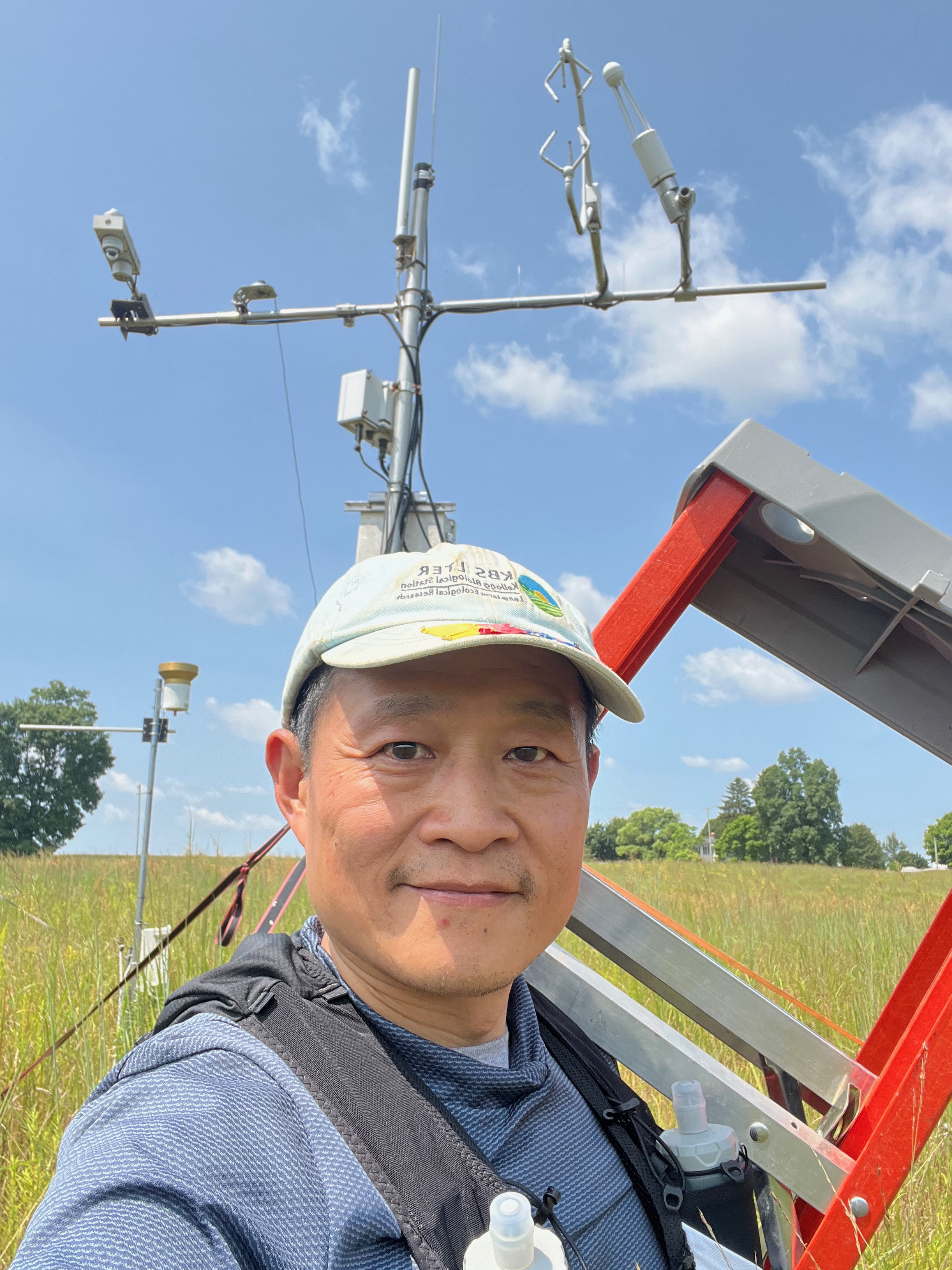
Yahn-Jauh Su
Research Associate
Dr. Yahn-Jauh (YJ) Su is an ecosystem ecologist whose research interest focus on the relationship between carbon fluxes and their biophysical drivers, particular soil respiration, and how the carbon fluxes of ecosystem respond to environmental regime and disturbances, such as climate change, extreme climate events, land use conversion, and other human activities. His research aims to explores the resistance and resilience of the ecosystem and the underlying mechanisms by analyzing trajectory of ecosystem function. This approach helps him understand the successional shifts in ecosystem function over time and their stability in response to environmental impacts across different temporal scales.
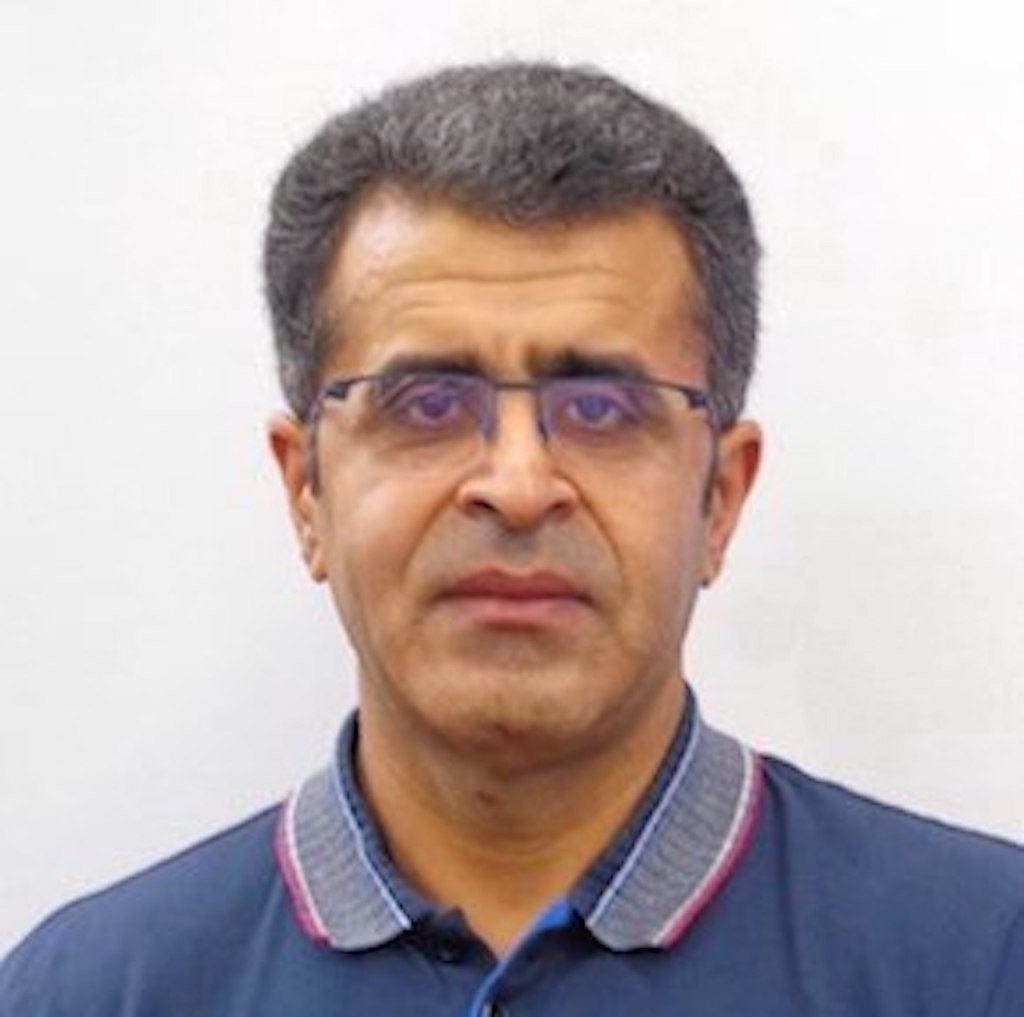
Yousef Khajavigodellou
Doctoral Student
I am Yousef Khajavigodellou PhD student at Michigan State University Geography department and presuming Dual Major with ESPP. My journey into the fascinating world of environmental engineering began in September 1998 when I started my bachelor's degree at the University of Kurdistan, Sanandaj, Iran. I then pursued a Master’s in Remote Sensing and GIS, focusing on water and soil resource management at the Islamic Azad University in Tehran, Iran. pursued and GIS.
Since becoming a Spartan geographer in fall 2021, I have significantly deepened my understanding and approach to these environmental puzzles. Through intensive training and a multidisciplinary research approach, I have honed my skills in water management. This experience underscores the comprehensive nature of geography, blending environmental engineering with social and economic studies, and policy analysis to address pressing global environmental issues. My key research focuses on the social and economic impacts of water bankruptcy in both the transboundary river basin and specific areas like the Lake Urmia basin. This important work is aimed at identifying real, lasting solutions to these urgent environmental challenges.

Zhenhai Liu
Doctoral Student
Zhenhai is a visiting doctoral student. He is currently researching the seasonal and diurnal asymmetrical impacts of climate warming on carbon fluxes in terrestrial ecosystems of the Tibetan Plateau. His work focuses on utilizing models and remote sensing techniques to study the carbon cycle of ecosystems in permafrost regions. Starting from the 2024-2025 academic year, he is participating in the International Joint PhD Training Program of the Institute of Geographic Sciences and Natural Resources Research, University of Chinese Academy of Sciences and serving as a visiting PhD student at Michigan State University.
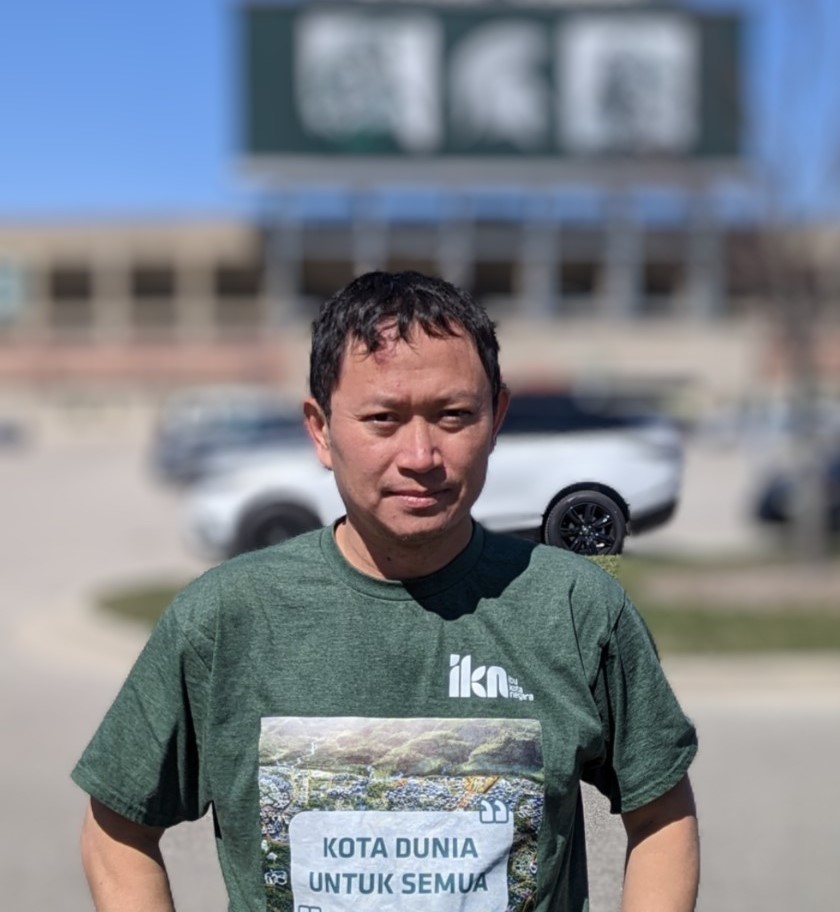
Nurul Mujahid
Doctoral Student
I am Nurul Mujahid, a Ph.D. student at the School of Planning, Design, and Construction at Michigan State University, with research interests in urbanization, sustainable development, land-use and cover change, affordable housing, and real estate. Currently, I am involved in supporting the Landscape, Ecology, & Ecosystem Science Lab in data collection on urban and environmental systems. I hold degrees from the Faculty of Civil Engineering and Planning at the Bandung Institute of Technology (2001) and the School of Public and Environmental Affairs at Indiana University Bloomington (2011). I am registered as a planner with the Ministry of National Development Planning of Indonesia, focusing on water resources, urban & housing, and water supply & sanitation sectors. Additionally, I am a scholarship awardee of the Indonesia Endowment Fund for Education (LPDP), covering the period from 2022 to 2026.




